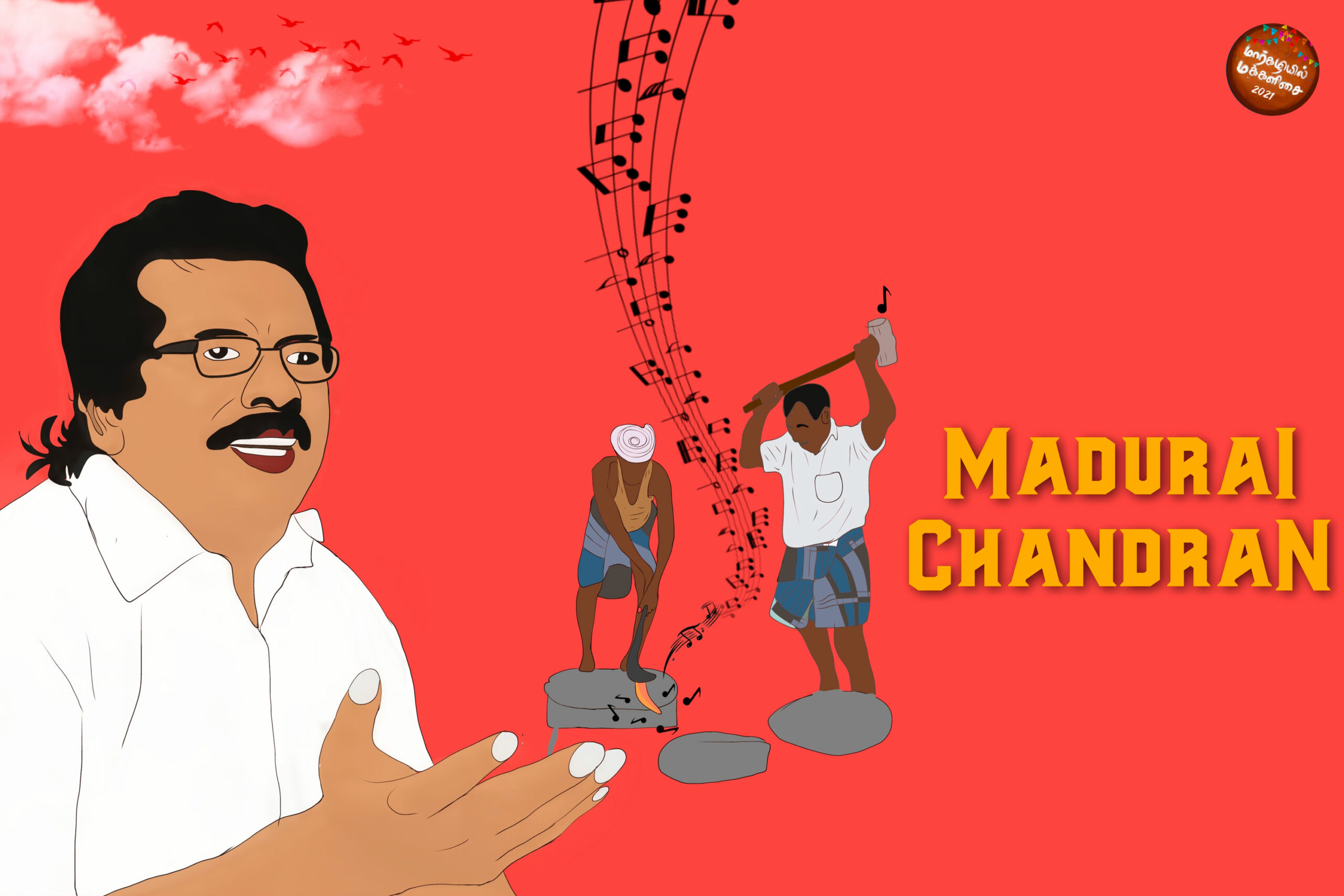At the centre of several films in Allu Arjun’s recent filmography is a crisis of paternity. In Naa Peru Surya, Naa Illu India (2018), his character suffers from anger issues that stem from his distressed relationship with his father. In Ala Vaikunthapurramuloo (2020), a comedy whose thumping success established him as one of the most prominent stars in the Telugu film industry, he fought against an oppressive foster father and set out to guard his biological father from his many enemies.
In Pushpa, every decision the protagonist takes in his life arises from the humiliation he suffered in his childhood for his mother’s unmarried status. Pushpa Raj (Allu Arjun) bribes, schemes and murders his way up the power ladder in Andhra Pradesh’s red sandalwood smuggling business, a tale of shocking moral corruption which the film casually bases on a clumsily-staged melodramatic episode about disputed paternity.
From the childhood scenes in which little Pushpa witnesses his meek ever-weeping mother being bullied and insulted by his step-brother (Ajay in an ill-fitting wig), the film leaps to his adulthood where he is a confident delinquent who talks and acts like he has nothing to lose. There are so many loose threads the film doesn’t care to connect. For one, Pushpa was brought up by a god-fearing, level-headed mother. When and how did he lose that socially-ingrained fear of sins?
Directed by Sukumar, Pushpa is centred on an anti-hero, an extremely ambitious young man who will stop at nothing to reach the top of his game. There is a little bit of Pudhupettai (2006) in the storyline. But the film lacks the class-caste consciousness and the acidic vigour that Selvaraghavan’s film possessed. Over a running time of close to three hours, many things happen in Pushpa. The protagonist begins his journey as an ordinary wood-cutter and rises to the position of a kingmaker. En route, he kills numerous people, faces death a few times, and finds love. Sukumar crams into the narrative an excess of every element. But he fails miserably in tidying it up. The chaos in Pushpa is not by design but an accident, the result of mediocre writing and filmmaking.
The film takes the audience through utterly familiar dramatic moments interspersed with excessively-photoshopped stunt sequences. Consider the opening scene where Pushpa, on a truck loaded with sandalwood logs, clashes with a group of cops in Tamil Nadu. When they refuse to take the bribe he offers, he beats them to a pulp. What makes an action sequence delightful isn’t just the mechanics but also the wickedness in the writing, the twists and details that elevate it above the ordinary. When Pushpa delivers the punches, the ground shakes, a sheet of dried leaves flies in the air – the archaic tricks. Eventually, it is a severely dull sequence. The men get paid, Pushpa drives away in the truck.
In Pudhupettai, Selvaraghavan brilliantly dissected and elaborated the complex worldview of Kokki Kumar (Dhanush). Here, Sukumar treats the moral vacuum within Pushpa as a professional triumph. At the end of every day, after committing notorious crimes, he goes home, to his mother, like a faithful son. The absurd middle-class normalcy of his family life is never questioned or disturbed.
Whenever Srivalli (Rashmika Mandanna), the belle Pushpa falls head over heels in love with, appears on the screen, the narrative comes to a pause. The film takes a break from images of violence and watches her go about the mundane daily chores like she is performing for an invisible audience. Srivalli is frail and frivolous – Rashmika turns her into a woman-child who has no grip over reality, a perfect foil to Pushpa’s macho quality. She is, ironically, a far weaker character than Samantha Ruth Prabhu’s item dancer. The latter, the innate sexism of item dance aside, gets a quasi-powerful moment in the end when she stares at the camera, breaking the fourth wall as though she is asserting her agency.
There are antagonists aplenty in Pushpa, but none of them leaves a mark. Yet another evidence of the sloppiness of the screenplay. In the final few minutes of the film, a new villain arrives – a deranged police officer, played by Fahadh Faasil, a brilliant actor and the darling of the Indian OTT audience. He gets a rousing entry and an utterly underwhelming, almost laughable exit where he resembles a parody of a routine Jagapathi Babu villain.
Recommended
Sukumar’s last film, Rangasthalam (2018), was a remarkable revenge drama that displayed an excellent understanding of the social realities of the region where it was set. The Seshachalam forest where Pushpa unfolds has always been a troubled zone. In 2015, over 20 wood-cutters were killed by the Andhra police. Pushpa has a working-class hero, but the film is sternly cold towards the plight of the forest-dwellers and workers caught between the state and the mafia. Sukumar erases the several layers of history from the forest and shoots the woods in wide-angle lenses. It is pretty alright, but where is the essence? In a pivotal scene, Pushpa picks up a giant log that must weigh several times his bodyweight, jumps to the top of a truck and tosses it in. All the money poured into the film does not hide the plasticity of the red sandalwood log, the film’s most vital property.
*****
This Pushpa review is a Silverscreen original article. It was not paid for or commissioned by anyone associated with the movie. Silverscreen.in and its writers do not have any commercial relationship with movies that are reviewed on the site.



